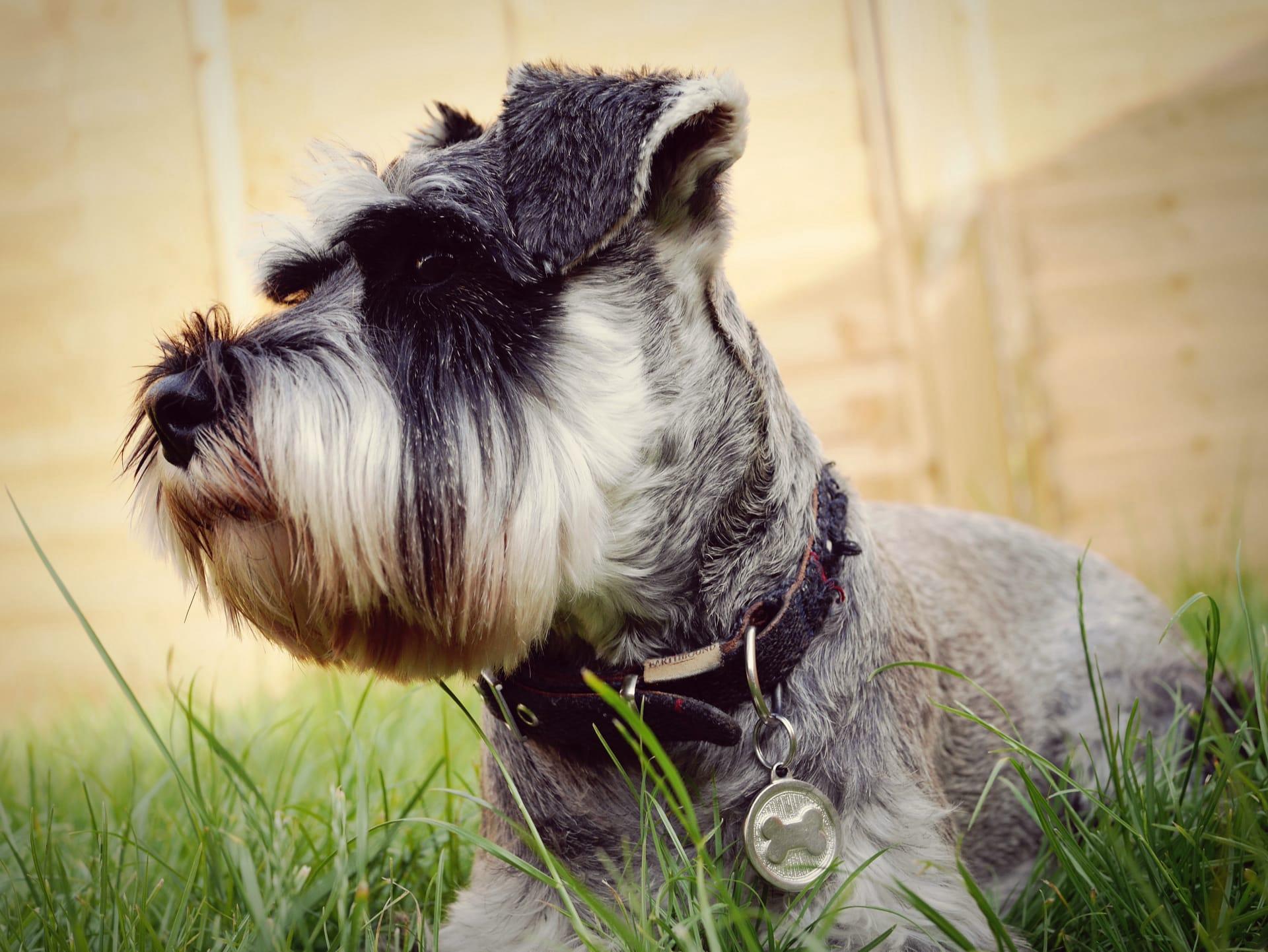Miniature Schnauzer Trivia
- Home /
- Trivia Question /
- Animal /
- Miniature Schnauzer Trivia
1
Question: What is the origin of the Miniature Schnauzer, and how does it differ from its standard and giant counterparts?
Answer: The Miniature Schnauzer originated in Germany during the late 19th century, primarily bred down from its larger counterpart, the Standard Schnauzer, with the likely addition of smaller breeds like the Poodle and the Affenpinscher to reduce its size. Unlike its Standard and Giant counterparts, which were bred for farm work and guarding, the Miniature Schnauzer was developed to be a ratting dog, excelling in catching vermin. Standing 12 to 14 inches tall and weighing between 11 to 20 pounds, they are significantly smaller than the Standard and Giant Schnauzers, making them more suitable for indoor living and companionship.
Question: What are the distinctive physical features and coat colors of the Miniature Schnauzer?
Answer: The Miniature Schnauzer is known for its distinctive "bearded" appearance, with bushy eyebrows and a robust, wiry coat that comes in four main colors: salt and pepper, black and silver, black, and white. Their double coat consists of a hard, wiry outer coat and a soft undercoat, requiring regular grooming to maintain its distinctive look. They have a square-built physique with a deep chest and muscular limbs, adding to their sturdy appearance. Their ears can be natural or cropped, and their tails are typically docked, though practices vary based on local regulations.

2
Question: Is it true that Miniature Schnauzers are hypoallergenic, and what does that mean for people with allergies?
Answer: Yes, Miniature Schnauzers are often considered hypoallergenic because they shed very little, making them a popular choice for individuals with allergies. Their tight, wiry coat traps dead hair and dander, which are common allergens, reducing the amount released into the environment. However, no dog is completely allergen-free, and sensitivity varies between individuals. Regular grooming, including brushing and bathing, can further minimize allergenic material.
Question: Can Miniature Schnauzers live comfortably in small apartments or do they require a backyard?
Answer: Miniature Schnauzers can thrive in small apartments due to their compact size and adaptable nature. They do not require a backyard but need daily exercise to stay healthy and prevent boredom-related behaviors. Regular walks, play sessions, and mental stimulation (like puzzle toys) are essential for their well-being. Despite their adaptability to apartment living, they are energetic dogs who appreciate outdoor activities and can enjoy living spaces with yards as well.

3
Question: What is the average lifespan of a Miniature Schnauzer, and how can it be maximized?
Answer: The average lifespan of a Miniature Schnauzer is 12 to 15 years. Maximizing their lifespan involves a combination of regular veterinary care, proper nutrition, consistent exercise, and mental stimulation. Preventive health measures such as vaccinations, dental care, and weight management play a crucial role. A balanced diet suited to their age, size, and activity level, along with regular physical and mental challenges, helps keep them healthy and engaged throughout their lives.
Question: Are Miniature Schnauzers easy to train, and what challenges might an owner face?
Answer: Miniature Schnauzers are intelligent and generally eager to please, making them relatively easy to train with the right approach. However, their intelligence also means they can be stubborn, requiring patience and consistency from their owners. Positive reinforcement techniques, such as treats and praise, work well. Early socialization and obedience training are recommended to curb potential barking tendencies and to ensure they become well-adjusted adults.

4
Question: What are common health issues in Miniature Schnauzers, and how can they be prevented?
Answer: Miniature Schnauzers are prone to certain health issues, including pancreatitis, urinary stones, liver shunts, and eye disorders like cataracts. Preventative measures include regular health screenings, a well-balanced diet low in fats (to prevent pancreatitis), and ensuring they have access to clean, fresh water to reduce the risk of urinary stones. Regular check-ups with a veterinarian can help catch and manage these conditions early.
Question: How do Miniature Schnauzers fare with children and other pets?
Answer: Miniature Schnauzers can do well with children and other pets, especially if they are raised together or properly socialized from a young age. They are known for their spirited personality and can be very playful, making them good companions for children. However, interactions should be supervised, particularly with younger children, to ensure playtime remains safe and gentle. With other pets, they generally get along well, though their high prey drive may require careful introduction and management with smaller animals.

5
Question: What is the best diet for a Miniature Schnauzer to maintain optimal health?
Answer: A balanced diet rich in high-quality proteins, healthy fats, carbohydrates, vitamins, and minerals is best for a Miniature Schnauzer. Specific dietary needs may vary based on age, activity level, and health status. It's essential to avoid foods high in fat to prevent pancreatitis and to provide measured meals to maintain a healthy weight. Consultation with a vet can help determine the best diet plan, including the possibility of incorporating fresh, whole foods or specialized commercial diets.
Question: How often should a Miniature Schnauzer be groomed, and what does grooming entail?
Answer: Miniature Schnauzers require regular grooming every 5 to 8 weeks to maintain their coat's health and appearance. Grooming includes brushing to remove tangles and prevent matting, clipping or hand-stripping to maintain the coat's texture and shape, and bathing to keep the skin clean. Ear cleaning and nail trimming should also be part of the grooming routine to prevent infections and ensure overall health. Regular dental care is crucial to prevent dental diseases, which can affect overall health.